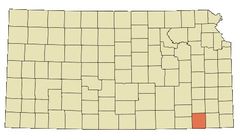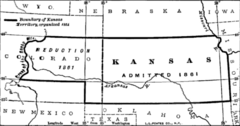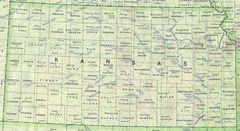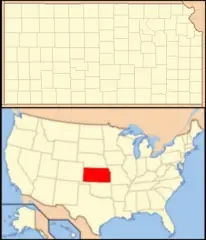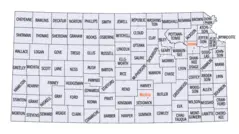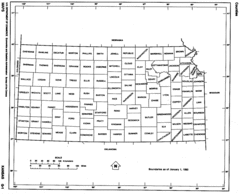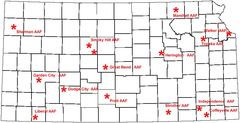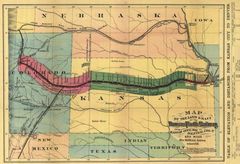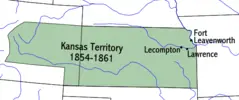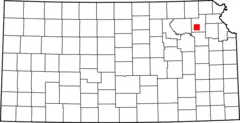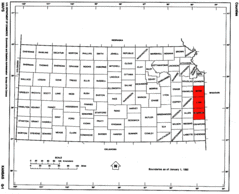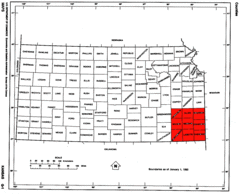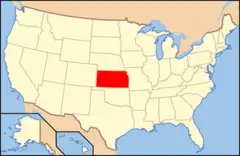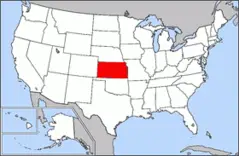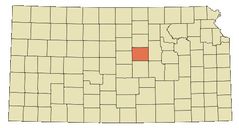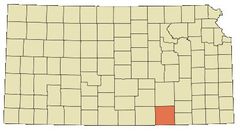Kansas Rivers And Lakes
The Arkansas River is one of the major rivers in Kansas, flowing through the south-central region of the state. Details about the Arkansas River include:
- It originates in Colorado and flows eastward for nearly 1,500 miles before joining the Mississippi River.
- In Kansas, the river passes through several major cities including Dodge City, Wichita, and Hutchinson.
- The Arkansas River has been a vital water source in Kansas for irrigation, transportation, and more.
Kansas River
The Kansas River is another key river, flowing eastward through northeastern Kansas. Facts about the Kansas River:
- It is approximately 170 miles long within Kansas and is a tributary of the Missouri River.
- The river flows through the capital city of Topeka and the cities of Lawrence, De Soto, and Kansas City.
- It was an essential route and resource for Native American tribes and European settlers in early Kansas.
Republican River
The Republican River originates in Colorado before flowing through northwestern Kansas.
- It flows through several Kansas towns including Concordia, Junction City, and Clay Center.
- The Republican River joins with the Smoky Hill River at Junction City to form the Kansas River.
- There have been legal conflicts between Kansas, Nebraska, and Colorado over allocation of the river's waters.
Notable Lakes in Kansas
Some of the most significant lakes in Kansas include:
- Clinton Lake: A large reservoir southwest of Lawrence used for recreation.
- Council Grove Lake: Known for watersports and fishing, located in east-central Kansas.
- Hillsdale Lake: Provides water supply and flood control near Miami County.
- Perry Lake: Northeast of Topeka, popular for boating and fishing.
The rivers and lakes of Kansas have shaped the state's landscape, settlements, and economy over time. Learning about them provides insight into the geography and history of the state.
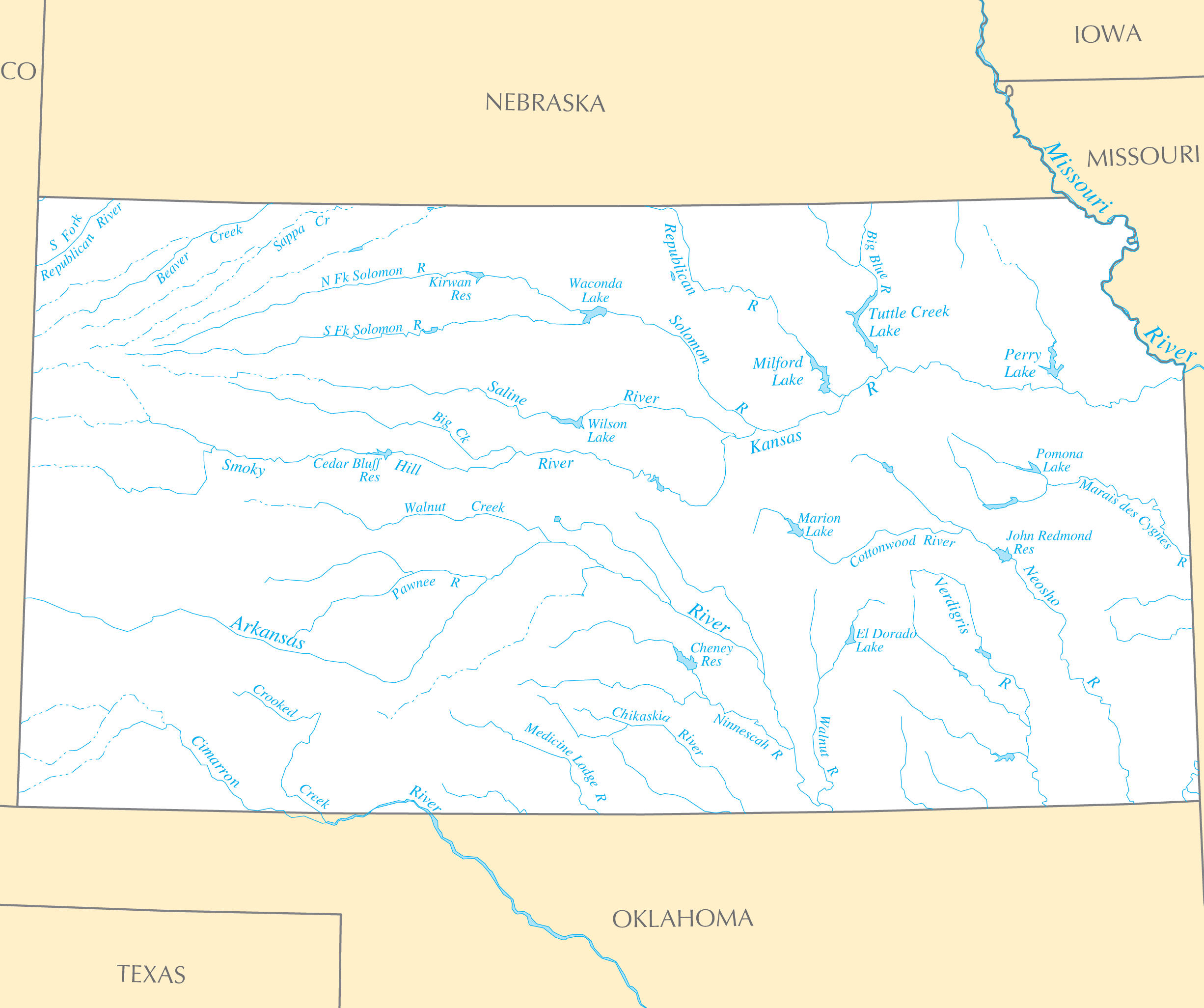
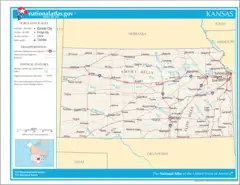
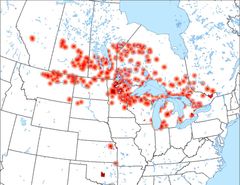
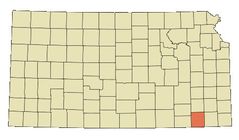
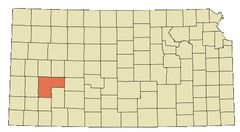
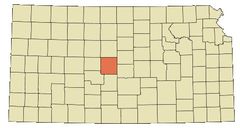
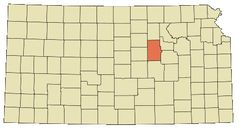
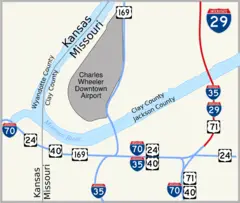
_map.png)
_map.png)
_map.png)
_map.png)
_map.png)
